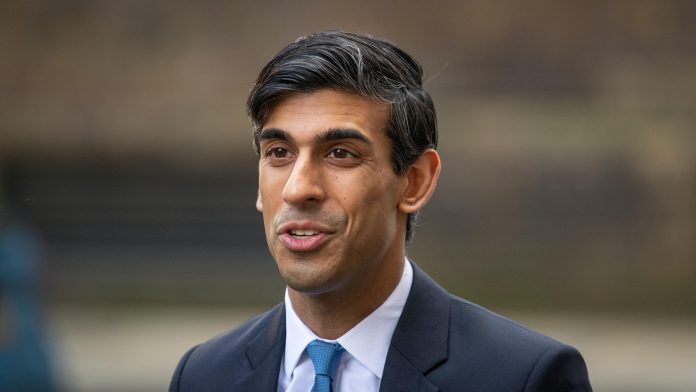Almost half of the cost of the government’s newly-extended Covid-19 furlough scheme will be spent on rent and debt repayments, amounting to an implicit bail-out of landlords and banks, according to new IPPR analysis.
Without further action the effect of the Covid-19 lockdown will be to widen inequality across the UK, says the paper published by the think tank today.
It follows the government’s announcement that the “furlough” scheme is being extended by up to four months.
The paper’s authors found that families in upper pay brackets who are still able to work are likely to be spending less and saving more, while low-income families on furlough will be gradually racking up further debt.
Almost half of the cost of the government’s newly-extended Covid-19 furlough scheme will be spent on rent and debt repayments, amounting to an implicit bail-out of landlords and banks, according to new IPPR analysis.
Without further action the effect of the Covid-19 lockdown will be to widen inequality across the UK, says the paper published by the think tank today.
It follows the government’s announcement yesterday (TUES) that the “furlough” scheme is being extended by up to four months.
The paper’s authors found that families in upper pay brackets who are still able to work are likely to be spending less and saving more, while low-income families on furlough will be gradually racking up further debt.
“The long-term effects of rising indebtedness on the one hand, and a likely rebound in asset prices on the other, are likely to further widen inequalities between the working poor and the asset-owning wealthy. ” says the paper adding that:
“Without steps to actively redress these inequalities and to ensure the risks of the crisis are fairly shared, the UK’s economic recovery is likely to be slow, uneven and unfair, worsening existing structural imbalances.”
The report also criticises the support system for businesses, including interest rates charged on crisis loans.
Carys Roberts, IPPR’s Executive Director, said:
“It’s the right decision to extend the job retention scheme, which is so vital to lives and livelihoods across the country. But it’s also important to understand who is really being protected most.
“IPPR’s research finds that while millions of ordinary people are seeing a hit to their incomes, the government is under-writing the income of banks and landlords without any obligation to take a similar hit. That amounts to an implicit bailout.
“We mustn’t repeat the mistakes of previous crises, by asking those least able to weather the crisis to make the greatest sacrifices. The economic risks and costs of the shutdown should be shared fairly across society.
“The government must urgently ensure that its programme of support is protecting those who need it. And as we emerge from this crisis, it will be critically important to rebuild a fairer economy, with those whose incomes have been protected contributing more.”







